Si avant 2013, l’EPE était considérée comme un élément du secteur social et de la santé et le programme pour la petite enfance ne constituait qu’une simple recommandation, ce nouveau programme est désormais obligatoire dans tous les établissements d’EPE en Finlande.
Il s’agit « d’un jalon important en faveur de la mise sur pied d’un apprentissage tout au long de la vie et de l’égalité des chances dans l’enseignement en Finlande », a souligné Luukkainen.
L’OAJ est également très satisfait de ce document, car le syndicat a joué un rôle déterminant dans son élaboration. « Cela montre à quel point il est important que les syndicats d’enseignants et le ministère de l’Education se retrouvent autour de la même table afin d’élaborer ensemble toutes les lignes directrices concernant l’enseignement », souligne Luukkainen.
Luukkainen a en outre mis en avant que la Finlande possédait désormais « la suite parfaite d’apprentissage et de programmes » pour l’éducation de la petite enfance, de l’éducation préprimaire à l’enseignement primaire.
Learn more / En savoir plus / Mehr erfahren:
http://www.scoop.it/t/21st-century-learning-and-teaching/?&tag=Finland



 Your new post is loading...
Your new post is loading...

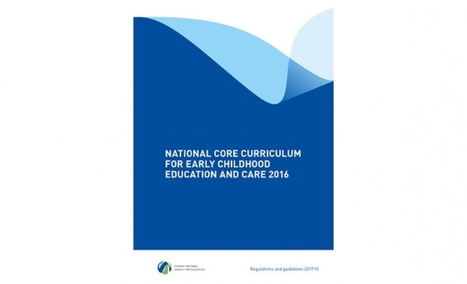





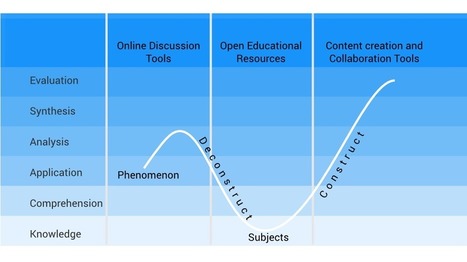
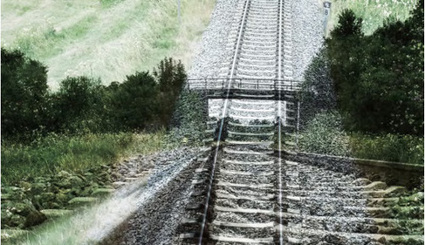

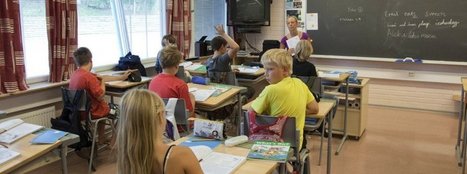
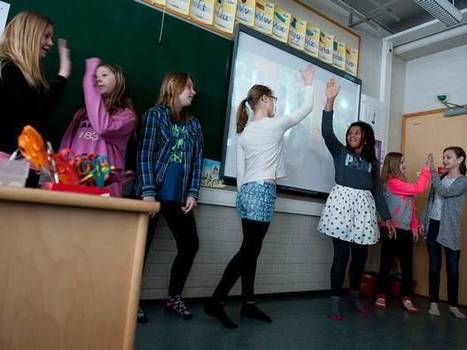



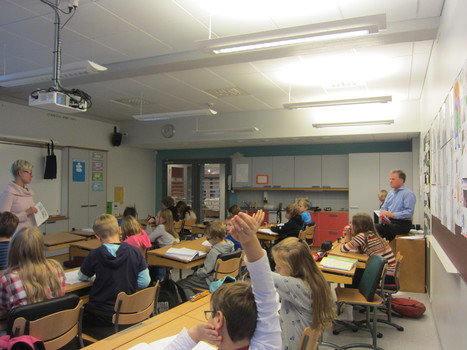




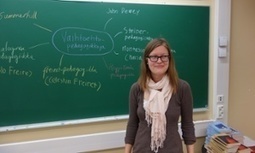


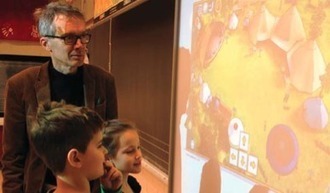





Learn more / En savoir plus / Mehr erfahren:
http://www.scoop.it/t/21st-century-learning-and-teaching/?&tag=Finland